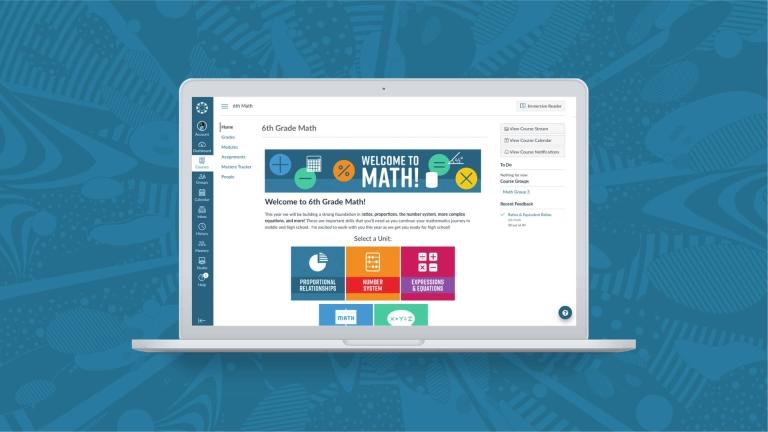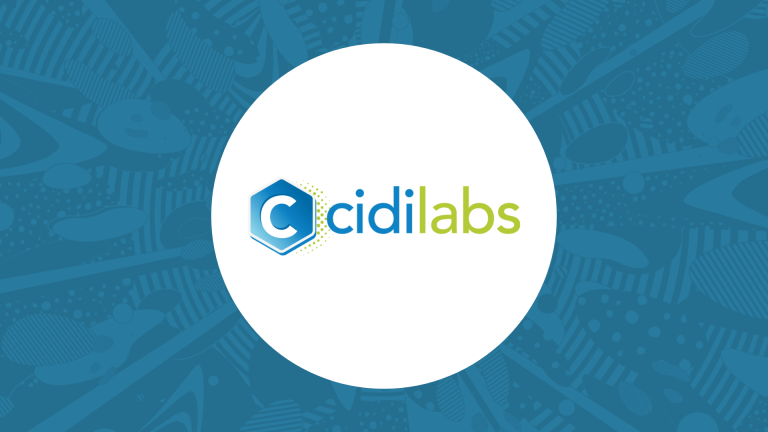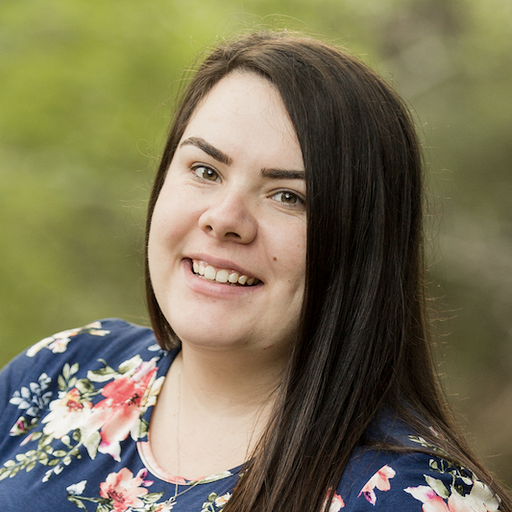
Lifelong learning is an ongoing journey that evolves with us, shaping our growth, adaptability, and potential at every stage of life. Whether you're just beginning your career, navigating mid-life challenges, or enjoying the rewards of retirement, each decade offers unique opportunities to expand your horizons. Understanding how to approach learning in every phase can make this journey more structured, fulfilling, and rewarding.
Below is a decade-by-decade guide filled with actionable tips to help you chart your lifelong learning path:
In Your 20s: Laying the Foundation
Your 20s are a time of discovery, where the choices you make can set the trajectory for your future. It’s a decade filled with opportunities to explore different paths and establish a strong base for personal and professional growth. Focus on:
- Exploring Various Interests: Try out different fields to discover what excites you. Attend workshops, join industry groups, and take online courses in diverse subjects.
- Developing Core Skills: Sharpen essential skills like communication and project management through platforms like Coursera or Udemy.
- Expanding Your Network: Networking is crucial. Attend events, join professional organizations, and seek out mentors for guidance.
In Your 30s: Advancing and Specializing
Deeper career commitments and the pursuit of specialization often define the 30s. This is the time to solidify your expertise, climb the career ladder, and refine your focus on what truly matters to you. Maximize this decade by:
- Pursuing Certifications: Enhance your qualifications with advanced certifications in your field.
- Developing Leadership: Build leadership and management skills with targeted courses in team management and strategic planning.
- Balancing Work and Learning: Integrate learning into your routine. Set aside weekly time for professional development and apply new skills at work.
In Your 40s: Expanding Horizons
By your 40s, you’re likely well-established in your career, but that doesn't mean growth should slow down. This decade is an ideal time to broaden your knowledge, explore new passions, and continue evolving both personally and professionally by:
- Learning New Technologies: Stay ahead by enrolling in tech workshops or online classes that keep you competitive.
- Starting a Personal Project: Launch a side business or personal project that aligns with your passions and enhances your skills.
- Mentoring Others: Share your expertise by mentoring. It reinforces your learning and positively impacts the next generation.
In Your 50s: Reinventing and Reflecting
Your 50s offer a unique blend of reflection and reinvention. It’s a period where you can take stock of your achievements and consider new directions, whether in your career or personal life. Embrace this time by:
- Exploring New Interests: Dive into fields or hobbies you've always been curious about. Take courses that spark new passions.
- Prioritizing Health: Incorporate wellness education into your life through seminars on nutrition, fitness, and mental health.
- Planning for Retirement Learning: Prepare for continued learning in retirement by exploring volunteer opportunities, part-time work, or educational programs.
In Your 60s and Beyond: Lifelong Engagement
As you enter your 60s and beyond, the focus shifts towards sustaining engagement and continuing personal enrichment. This is a time to fully embrace the pursuits that bring you joy and keep your mind active. Stay engaged by:
- Pursuing Passions: Dedicate time to hobbies, art, writing, or volunteering—whatever brings you joy.
- Keeping Mentally Active: Challenge your mind with puzzles, reading, or learning new languages to maintain mental sharpness.
- Staying Connected: Join clubs or communities that share your interests. Social connections and shared learning experiences enrich life.
Tips for All Decades
- Set Learning Goals: Specific, achievable goals keep you motivated across all stages.
- Leverage Technology: Access learning anytime, anywhere with online resources and apps.
- Stay Curious: Maintain a mindset of curiosity and openness to new experiences, keeping your lifelong learning journey vibrant and ongoing.
Mapping your lifelong learning journey means recognizing each decade's unique opportunities and challenges. You can make the most of every stage of life with clear goals, a willingness to embrace new technologies, and an engaged approach. Remember, learning is a continuous, evolving process—approach it with enthusiasm and an open mind.
Related Content
 Teaching-With-Tech-10-Benefits.jpg
Teaching-With-Tech-10-Benefits.jpgBlogs
 cidilabs.png
cidilabs.pngBlogs
 canvas_x_tg_logo_lockup_780_x_520.png
canvas_x_tg_logo_lockup_780_x_520.pngBlogs
